Recently a friend was applying for a job, and she came to me for help with preparing. She had worked with the firm for some time, and the opening was for a more senior position she was hoping to achieve. We took a little time to make sure the resume was presentable, and then we went to the fun part: a strategic plan.
Together, we developed an action plan for the first six months after she got the job that would allow her to be more effective than the previous leader, generating new business for the organization. We included discussions around business development, customer satisfaction, and employee relations.
And she got the job.
This is an incredibly powerful practice, but hardly anyone actually does it. Here are a few options for you to leverage this approach next time you’re looking for the right HR job.
Keys to Success
The first mistake people make is thinking that this just needs to be in their notes or in their head. Not true. This plan needs to be a physical thing you bring with you to give to the interviewers during the conversation. The simple act of giving them something they don’t already have puts you in a different light. Instead of just focusing on you, they are also focusing on your ideas and your insights, which (if they are good ones) can give you a leg up over the competition.
The second piece of advice is to make it attainable. Don’t throw twenty things on there, and don’t put one on there, either. Every company has something they can change, improve, or update. Ultimately, they might take none of your suggestions, but the goal should be to present a powerful case for why the things you mention are worth exploring.
How to Put this into Practice: Never Worked There
It’s challenging to do this from the outside, but with HR we have at least one avenue into the organization that others can’t leverage: the recruiting function. From the first moment you find a job ad, start making note of things that could be improved, changed, or modified. Â Here are some ideas:
- Job ads: are they written in a way that appeals to job seekers? Are they using good search engine optimization techniques to be found more easily by candidates?
- Interview process: are communications and instructions clear? Do you know what to expect and who you’ll be interacting with?
- Assessments: does the assessment add value? What is the perception from the candidate side–are the questions relevant and helpful?
- And, of course, we could examine it through the perspective of the candidate experience. For instance, did you get any notification when you applied? Was mobile apply available, or did you have to use a desktop? Could you do one-click apply with LinkedIn, or did you have to manually enter every piece of information?
Whether you’re bringing in some research to offer context or you’re just giving an observation based on your perceptions (or both), you can make your point in a tactful manner. That’s a key to this entire approach, because if done poorly, it will make you look less qualified.
How to Put this into Practice: Worked There in Non-HR Role
If you have experience with the company already in a non-HR position, you’re in even better shape for helping to illuminate some of the areas of improvement. Remember, this isn’t a gripe session or a chance to air grievances: it’s a process improvement approach. Some ideas on what to talk about:
- Modifying the onboarding process to get employees up to speed faster.
- Changing the performance management system so that it actually encourages performance, not hinders it.
- Offering niche voluntary benefits that appeal to one population or another in your company, such as dependent care or elder care. Or you can go the rock star route, offering something like a ski house for employees to use (one of our previous guest authors, Jane Jaxon, used to offer this as a recruiting tool at her company).
The entire purpose of this exercise is to show that you’re going above and beyond the basic job duties, looking for ways to innovate and bring additional value to the business. Again, I have to remind you that the way you approach this matters just as much as what you actually propose. You have to be careful to point out opportunities for improvement in way that doesn’t indict those that put the processes in place (or those that continue to manage them, for that matter).
How to Put this into Practice: Worked There in an HR Role
If you have worked there in an HR role and this is a promotion opportunity, then you have the biggest advantage of anyone else in the running, because you know what is working and what isn’t. You also have the biggest challenge, because you are familiar with the inner workings and might not be immediately aware of any innovative ideas for how to improve your practice.
If that’s the case, I would encourage you to do more reading, listening, and consuming of HR and business-related content to help broaden your horizons and help you understand some of the ways that exist to improve your processes and approach. Think about the evidence-based HR approach that I wrote on recently–it is a great way to help you examine and propose solutions to problems that others might have already given up on solving.
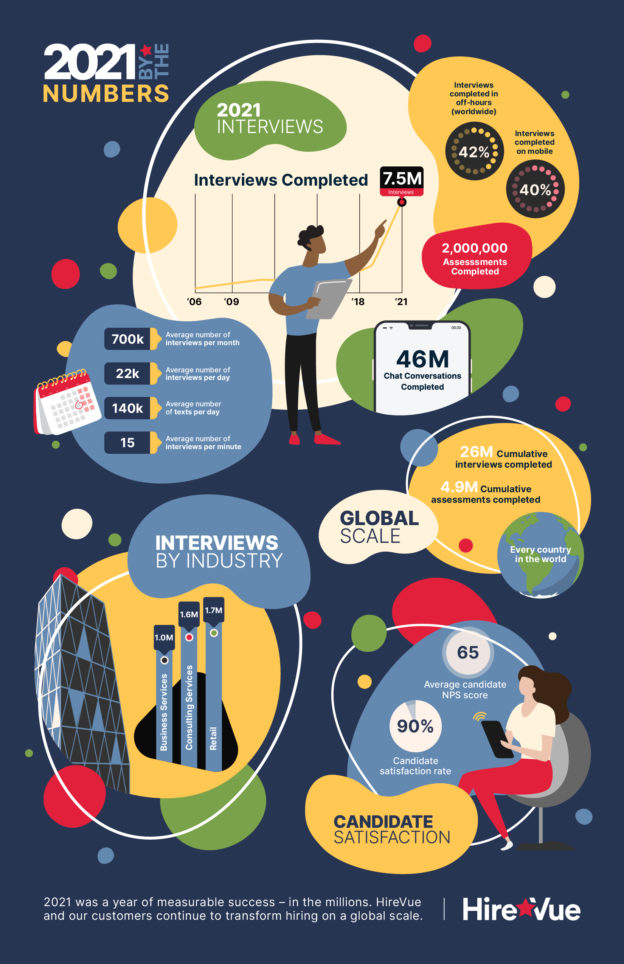
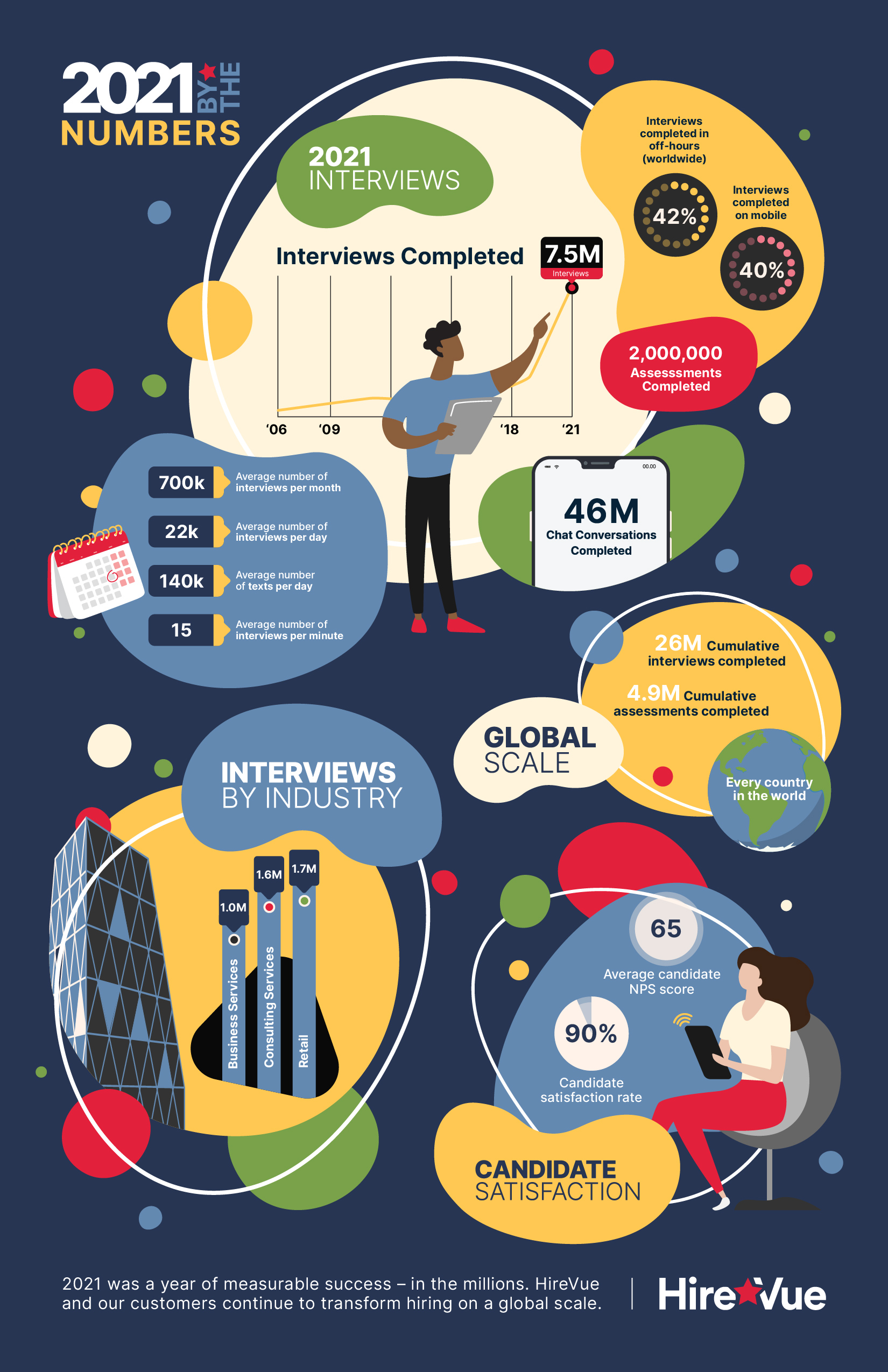
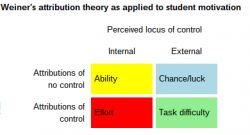 Last week I had a discussion with another local HR pro, and we were talking about interview questions that help to discern what candidates lack the requisite people skills to get the job done. We’ve all run across candidates who may interview very well, but then they turn out to be a nightmare once they are on board.
Last week I had a discussion with another local HR pro, and we were talking about interview questions that help to discern what candidates lack the requisite people skills to get the job done. We’ve all run across candidates who may interview very well, but then they turn out to be a nightmare once they are on board.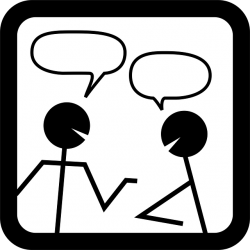 —
—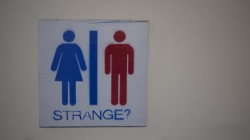 Weird interview questions don’t work. I had to say it. See, someone pitched the 25 weird interview questions article at
Weird interview questions don’t work. I had to say it. See, someone pitched the 25 weird interview questions article at 